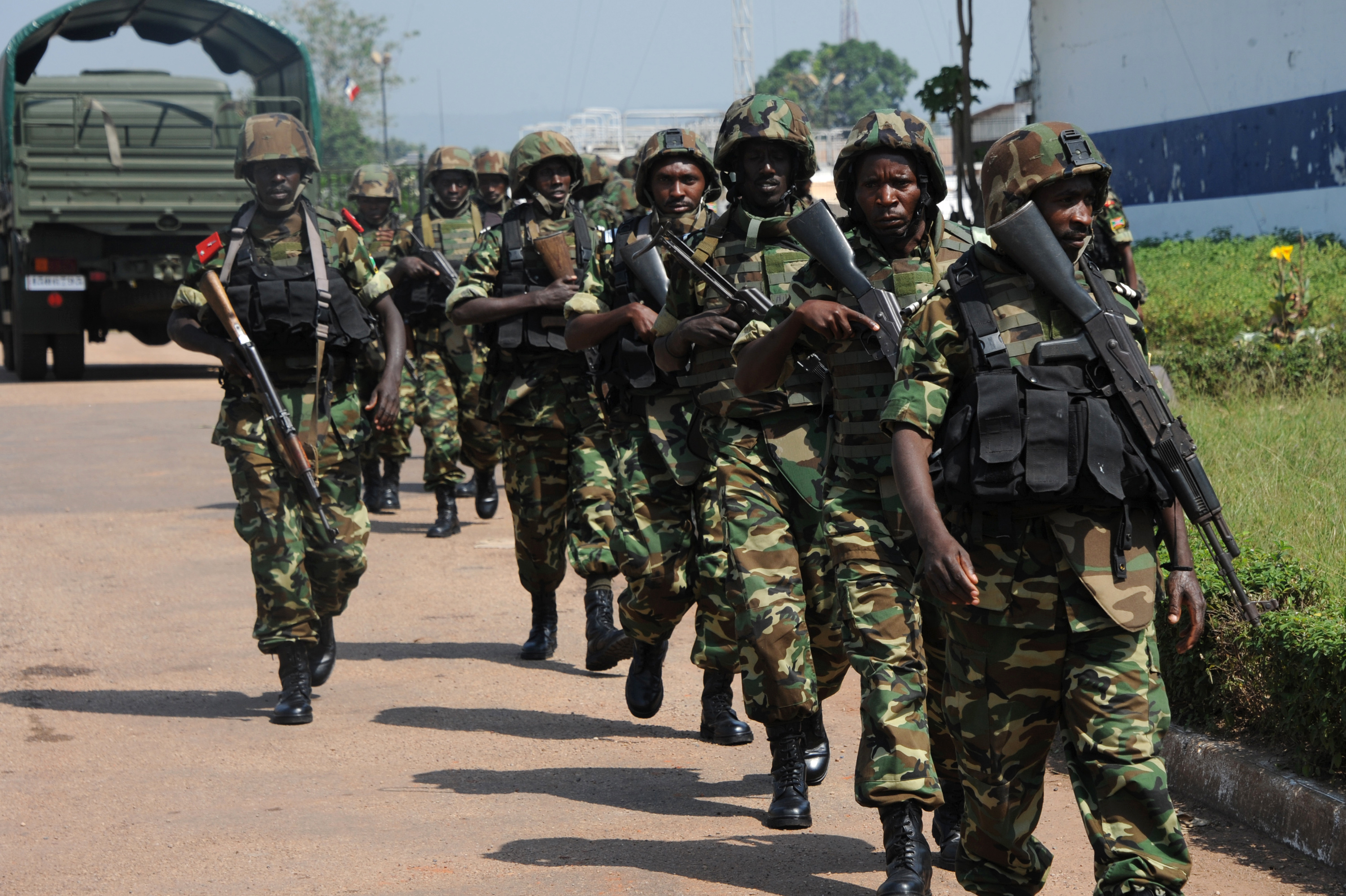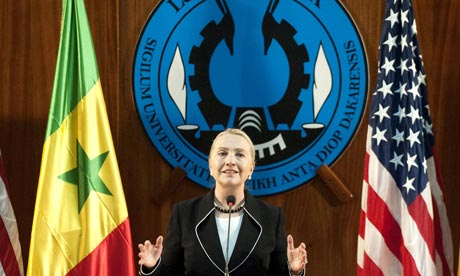A historic meeting took place during June, 2015 between the Afghan Taliban delegation and the Afghan women rights activists in Oslo, Norway. A delegation of nine prominent Afghan women, five of whom were lawmakers, met with Taliban representatives in a meeting that was part of the Norwegian government’s attempts to promote peace dialogue in Afghanistan. The Taliban stated that the meeting was not a formal peace talk and the Afghan government also said the activists participating in the meeting were “independent representatives.”
Afghan women endured severe oppression under the Taliban’s brutal regime. They were stripped of their rights and suffered from militant attacks during the U.S. invasion. At least two of the activist delegates who attended the meeting have survived insurgent attacks. This initiative by the Afghan women rights activists signifies their desire to play a role in the peace process to ensure a women-friendly peace deal. Though this was not part of a formal peace negotiation, it was an effort by the representatives of the Afghan women to put forth their concerns with the Taliban. It also indicates that Afghan women fear their government might compromise on women’s rights issues in order to reach a peace deal with the Taliban. Nonetheless Afghan President, Ashraf Ghani has assured that no constitutional protections of women will be side-tracked during peace talks.
Whether it be Afghanistan or any other geopolitical conflict in the world, the involvement of women in security negotiations are imperative so their concerns with the political developments are addressed appropriately. Back in 2000, the United Nations (UN) adopted Security Council Resolution (SCR) 1325, which called for increased active participation of women at all levels of diplomacy across regional, national and international bodies in the course of conflict prevention, management and resolution, as well as during peace negotiations and operations.
Despite the adoption of SCR 1325 and other UN resolutions, states have failed to implement these resolutions and the presence of women during peace negotiations remains low. A 2008 UN Women study revealed that in 33 peace negotiations only 4% of the participants were women and there was an average participation of 7% on government negotiating delegations. World leaders have a long way to go before men and women participate equally in security and peace talks.
Why the need for women’s role in peace and security negotiations?
Women of particular regions bear countless hardships during conflicts and in some cases their hardships are different from those of men. The course of conflict resolution would be ineffective if it fails to make women’s lives more secure and women themselves are in the best position to determine how their issues can be resolved. This is why it is essential for female representation in a state’s delegation for peace and security negotiations. Judy Cheng-Hopkins, the Assistant Secretary-General for the UN Peacebuilding Support Office has said:
When you have a critical mass of women in power, legislation tends to get passed that favors women.
Greater female representation can also bring a more inclusive conflict resolution plan which caters to societal needs rather than just satisfying the rival groups or countries. Such a conflict resolution plan will tend to be much more stable and enforceable. This idea was reinforced when Laurel Stone, a conflict management, genocide prevention and women’s security researcher found that female involvement in peacemaking processes increased the probability of violence ending within a year by 24 percent. Moreover, Melanne Verveer, who has served as U.S. Ambassador for Global Women’s Issues stated that clashes had occurred in 31 of the world’s 39 active conflicts after peace settlements. Women were not involved in the peace process in the 31 cases.

Ellen Johnson Sirleaf, Leymah Gbowee and Tawakkul Karman are women who have made great achievements in peace and security negotiations. They were also the 2011 Nobel Peace Prize winners who were recognized for their struggle to participate in peace settlements and negotiations in Liberia and Yemen. Women have proven to be remarkable negotiators and equal contributors in peace and security deals. Thus, it is critical for countries to further build the capacity of women and promote their representation in national security-policy-making institutes and at peace negotiating tables.
Afghan women’s rights activists have taken an unofficial initiative to voice their concerns in the wake of peace negotiations between the government and the Taliban. Now it is the Afghan government who has to ensure their official representation at the negotiating table in order to make the possible peace deal more inclusive, responsive to social needs and successful.



